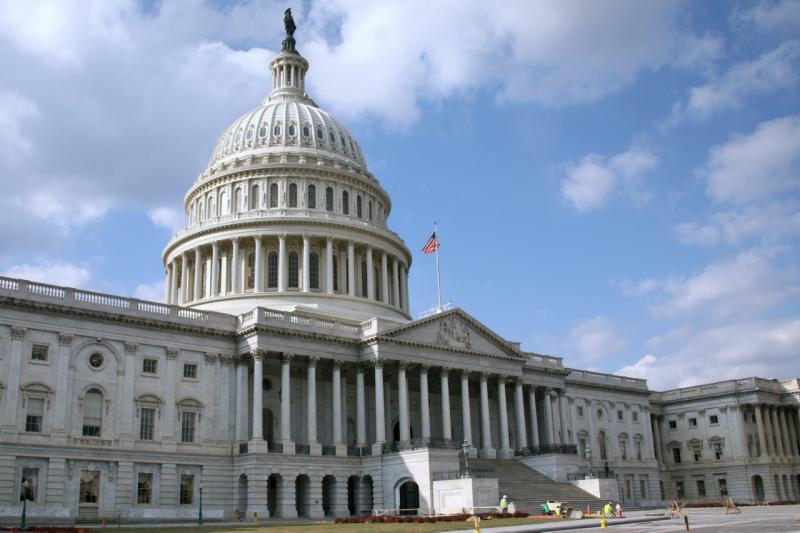
On April 13, 2016 Katie McAuliffe, Federal Affairs Manager at Americans for Tax Reform and Executive Director of Digital Liberty, testified before the House Subcommittee on Communications and Technology’s Legislative Hearing on Seven Communications Bills.
McAuliffe provided testimony in support H.R. 4884, Controlling the Unchecked and Reckless Ballooning of Lifeline Act of 2016, also known as the CURB Lifeline Act of 2016. The legislation focuses on placing a cap of $1,500,000,000 a year on the currently unbudgeted Lifeline program. The legislation would also prohibit using the Lifeline money for subsiding the purchase of a mobile device and prohibits the funds for being used for voice-only mobile services. Lifeline started as a program in the 1980s to provide low income Americans with basic telephone service. Since then the program has expanded to include mobile service and will soon cover broadband Internet service.
McAuliffe testified on the necessity for a budget on the Lifeline program, noting that all other programs under the Universal Service Fund do have set budget caps. McAuliffe expressed that $1.5 billion is an ample budget for the program and that a budget is absolutely necessary to control waste, fraud, and abuse.
Also noted in her testimony, is the fact that affordability is no longer the main deterrent of accessing broadband Internet service at home. Rather, a lack of interest is the key reason for households not subscribing to broadband Internet service. Furthermore, in many cases the use of smartphones has satisfied many Americans Internet needs, making a broadband Internet connection no longer a necessity.
McAuliffe also cited a 2013 experiment done by the FCC that involved 15 experimental broadband Lifeline offerings. The experiment results with less than 10% of the predicted number of new subscribers signing up for the service. In fact, most applicants for the program were rejected because they already had some type of broadband service within the past six month. Hence, the experience showed that the subsidies will most likely go to those already using broadband service, and not connecting the disconnected as intended.
Finally, McAuliffe cited previously successful efforts to cut waste, fraud, and abuse of the Lifeline program. In 2012, abuse of the program was cut by nearly $670 million. McAuliffe stated that with the creation of the National Eligibility Verifier and a firm budget cap, even more waste, fraud, and abuse will be cut from the Lifeline program.
After her testimony, several Congressmen presented McAuliffe with questions about how placing a cap on the Lifeline program would impact program users and potential users. McAuliffe held firm that low income individuals needing the program would receive assistance even with a capped budget and once again articulated that setting a budget on the program is the best way to cut waste, fraud, and abuse.

